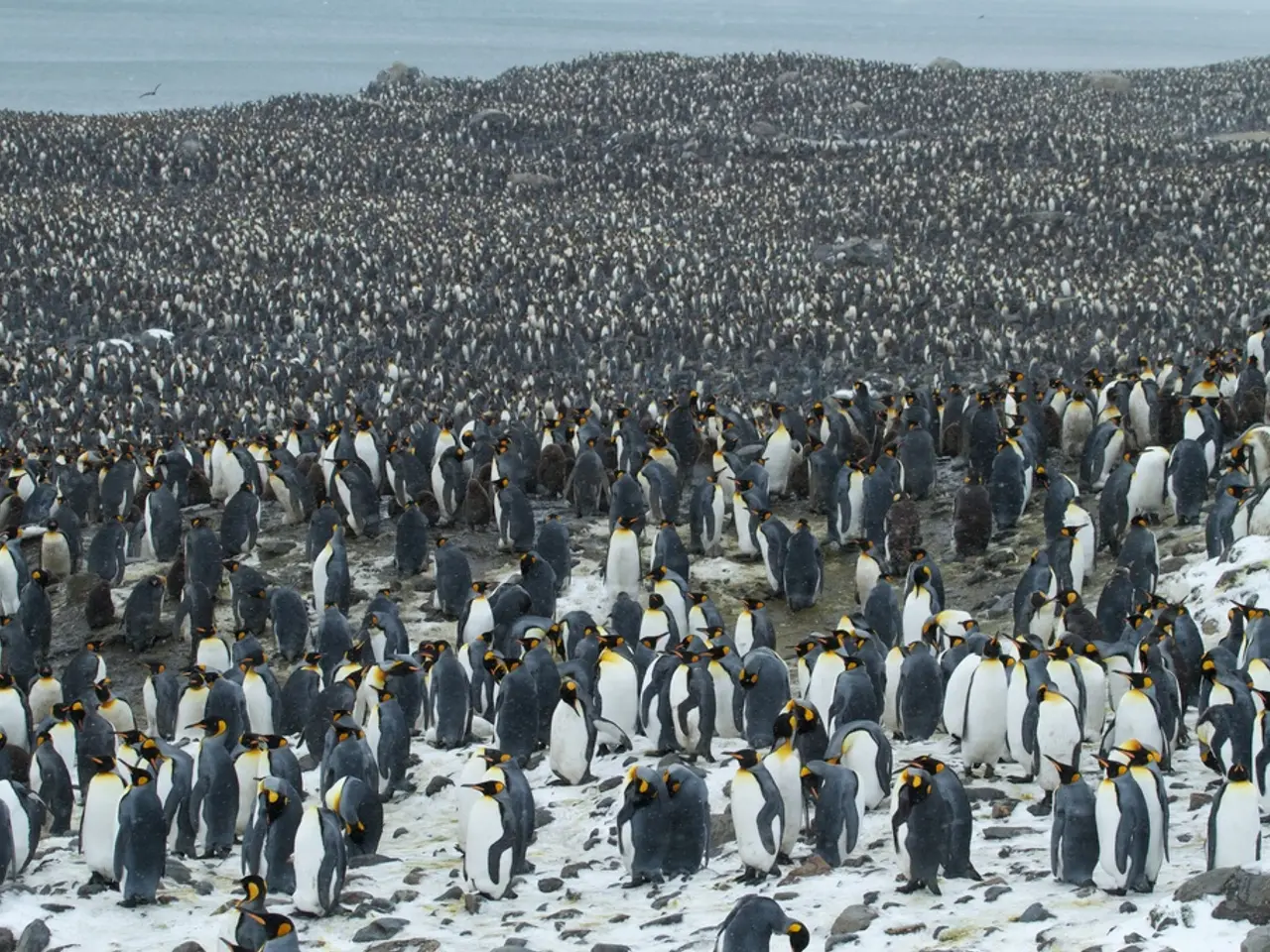Human research in Antarctica reveals far-reaching impacts on the physical condition of individuals
In the harsh and isolated landscape of Antarctica, a team of researchers led by Kyung Mo Kim from the Korea Polar Research Institute (KOPRI) have uncovered intriguing findings about the impact of prolonged isolation on human senses. The study, published in the prestigious scientific journal Scientific Reports, delves into the changes in taste and smell perception experienced by individuals living in isolation for months.
The research focused on 19 participants, mostly male with an average age of 39.2 years, who were part of two overwintering missions at the Concordia Station in Antarctica. Scientists at the station conduct research on a variety of topics, including the effects of extreme living conditions on the human body.
The researchers employed standardized tests to measure olfactory and gustatory function. These tests included threshold, discrimination, identification of odour, and perception of sweet, sour, salty, and bitter at various concentrations. The results revealed that the participants' senses of taste and smell were indeed affected by the prolonged isolation.
Antarctica, the least hospitable and most remote continent on Earth, is not only a challenging environment for humans but also a crucial location for research on climate change and polar ice melt. The study adds to the growing body of knowledge about the physical and psychological effects of living in such extreme conditions.
The team from KOPRI is well-known for their work on microbial life in subglacial lakes under the ice. They utilise clean hot water drilling and single-cell genome sequencing to further our understanding of these unique environments. This multidisciplinary approach to polar research not only sheds light on the mysteries of Antarctica but also provides valuable insights into the resilience and adaptability of human beings in the face of extreme isolation.
The findings of this study serve as a reminder of the importance of understanding the effects of isolation on the human body, particularly for those who choose to live and work in remote and challenging environments. Further research in this area could lead to the development of strategies to mitigate the negative effects of isolation and ensure the health and wellbeing of those who venture into the world's most inhospitable regions.
Read also:
- Warning Issued by Dismissed CDC Chief Susan Monarez: RFK Jr. jeopardizes public health
- Movie Screening of The Chocolate War in Nordhorn
- European Commission Unveils Communication on Strategic Approach for Countering Online Disinformation and Hate Speech
- Experience widespread infertility issues in cattle herds? Farmers unveil effective strategies






